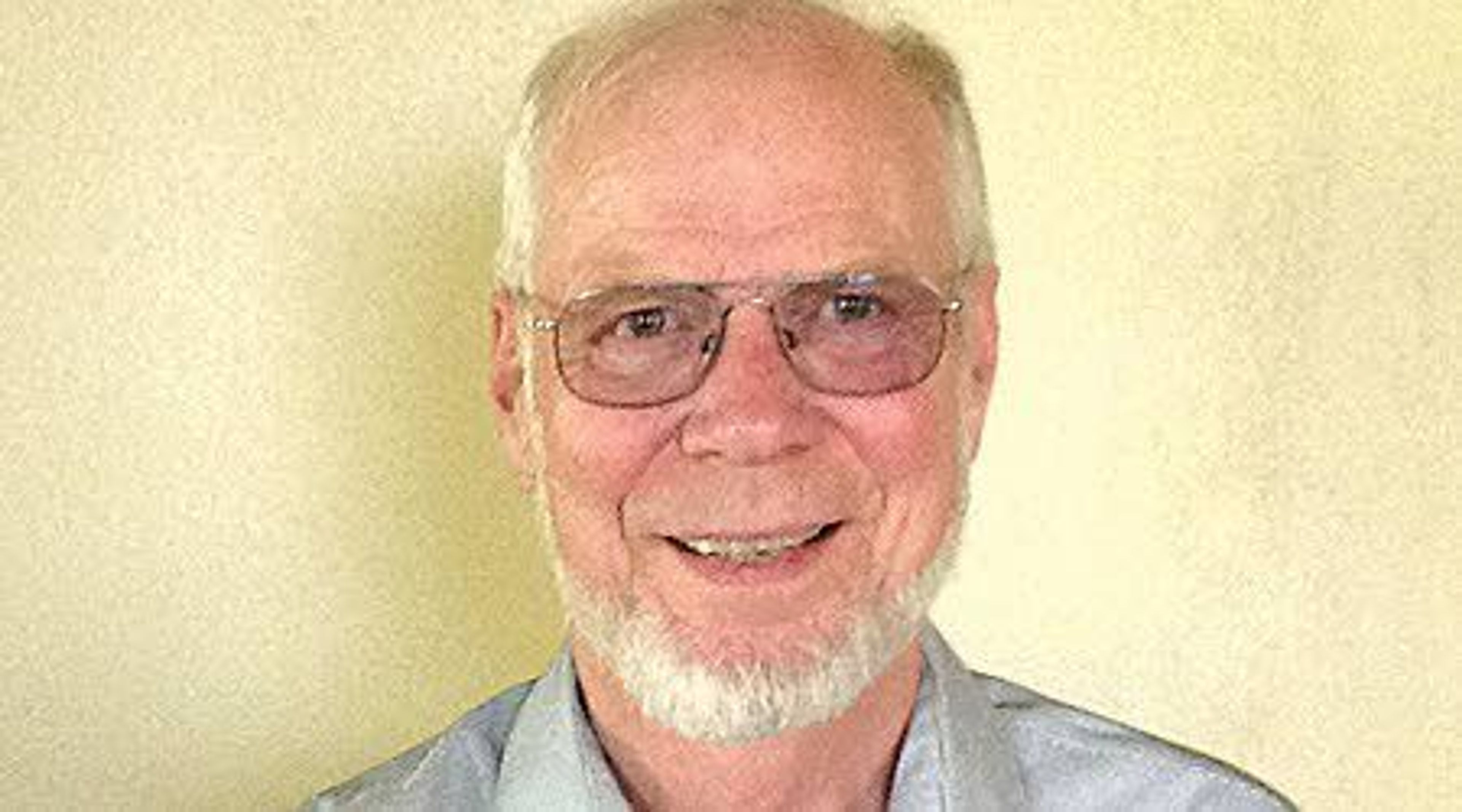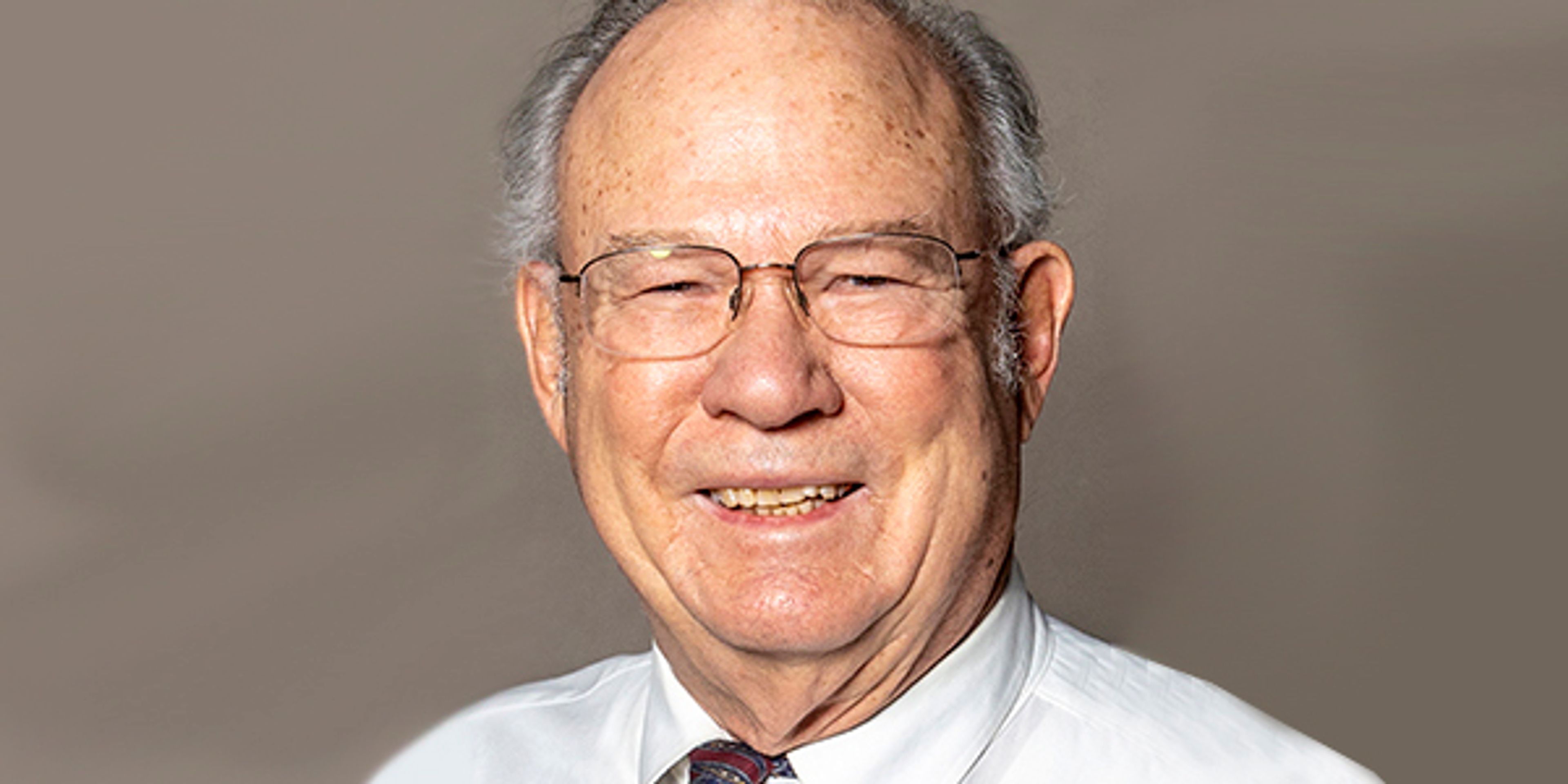Among the official documents in the wallet I almost always have on my person is one from Idaho's state government that authorizes the dismemberment of a human body - my own - and the harvesting of its parts for possible use elsewhere.
That's OK with me; that's why it's there.
It must also be OK with Idaho's state government; that's why it gives me the opportunity to check the "organ donor" box on the front of my state driver's license.
Because I have checked that box - and I hope most of my fellow Idahoans have too - organs or other parts of my body, upon my death, might help someone else stay alive, through either direct transplant or other beneficial use.
I admit that might sound a bit gruesome, but is it horrifying? Not to me. To me it is promising.
In fact, I can think of nothing more valuable I can leave to my fellow humans than the opportunity to use any part of my body to extend the life of another. Compared to that, money is insignificant. Property is trash. My recorded words are so much dust in the wind.
So tell me why it should be any different with the parts of a fetus that has been removed from the body of a woman who has chosen to abort it. Is "dismembering" a fetus any more shocking than dismembering me? Is "harvesting" the parts of a dead fetus any more horrifying than harvesting dead me?
And does it matter whether that dismemberment and harvesting takes place in a Planned Parenthood clinic, a hospital or anyplace else?
Before the first abortion opponent objects that my own death, when it comes, could be much different from the death of a fetus, I concede the point. I hope I do not die from someone's conscious decision - other than my own, if it comes to that. And I understand - and I respect - the belief by many that abortion is no different from such a death.
But the current furor among members of Congress, candidates for the Republican presidential nomination and others about the use of fetal tissues does not center on whether abortion should be permitted or not. That has been decided. The U.S. Supreme Court has ruled that women may choose to abort a fetus that is not ready to live as a born human being.
What all the vocal consternation, indignation and even vituperation amount to is another attempt to render the court's decision less decisive by attacking an organization that provides abortion as one of its medical services to American women and their families. Since the court issued its ruling, its opponents have launched a growing number of assaults on its results. They could not reverse it, so they have sought to enfeeble it.
This is just more of the same: Forbid abortion after 20 weeks, require parental consent for young women, force ultrasound viewing through a vaginal probe, declare zygotes human beings. And on and on.
I know how it feels to be disheartened by Supreme Court rulings. Many of them have had that effect on me. But short of amending the U.S. Constitution - rightfully the toughest of undertakings - there is nothing I can do about them.
Unless, of course, I am a demagogic politician. Then, I can try to fool voters into thinking there is something I can do. I promise the impossible. I talk as if I can correct court decisions I object to (like presidential candidate Mike Huckabee, whose absurd ravings ignore the fact that Supreme Court rulings are by definition constitutional).
Or I choose a target to attack, as if harming it will achieve that goal. And I charge that target with doing something beyond the borders of decency.
That's what Idaho Congressman Raul Labrador charges when he says Planned Parenthood "treats unborn children like commodities."
I don't recall hearing Labrador say the same about Idaho's invitation for recipients of driver's licenses to declare themselves organ donors, to the same effect. Yet Labrador, and every other member of the state's congressional delegation, is a former member of the Idaho Legislature. He, and they, had the opportunity not only to remove the organ-donor box, but to prohibit it.
As I've said, I'm glad they didn't. Adult bodies and fetuses alike can offer hope to people who might otherwise die. Or those bodies and fetuses can be disposed of.
When I die, I hope not all of my body will be disposed of. I hope, in other words, I will be treated like a commodity.
---
Fisher is the former editor of the Tribune's Opinion page. His email address is cfandjf@frontier.com.







